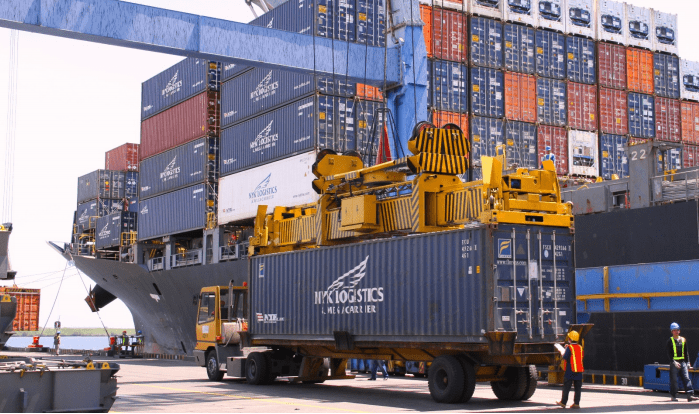The Nicaraguan Single Window for Foreign Trade (VUCEN) is expected to be implemented no later than the first half of 2021, according to the authorities of that country.
In general, the VUCEN will facilitate foreign trade operations, by simplifying procedures for pre-customs import and export permits, reducing time and costs for companies that participate in foreign trade.
In recent years, Nicaragua has implemented several initiatives to facilitate trade, for example, through the electronic exchange of the information contained in the Single Central American Declaration (DUCA).
The DUCA, which came into force on May 7, 2019, has three modalities:
DUCA-F, for the trade of merchandise originating in the Central American region.
DUCA-D, for the import or export of merchandise with third countries outside the Central American region.
And DUCA-T for the transfer of goods under the international land customs transit regime.
VUCEN
Likewise, the Border Integration Program (BIP) aims to modernize infrastructure, equipment and computer systems at border crossings to achieve greater efficiency in customs controls, reduce waiting times and improve competitiveness.
Exports are subject to customs clearance procedures similar to those applied to imports.
Meanwhile, the Exporters Registry is maintained by the Export Procedures Center (CETREX), whose objective as a single window for exports, according to Creative Decree No. 30-94, is to centralize the execution of the specific functions of public entities that attend procedures related to exports.
Nicaragua’s trade policy is largely outlined by the commitments adopted under the framework of the Central American Common Market (CACM) and by the Dominican Republic-Central America-United States Free Trade Agreement (CAFTA-DR).
Among the main objectives of Nicaraguan trade policy are increasing Nicaragua’s participation in international trade, increasing the exportable supply, and creating strategic alliances with trade partners to promote innovation and productive chains.
From 2012 to 2020, Nicaragua, along with other Central American countries, put into effect trade agreements with the Republic of Korea and the European Union, a new Central America-Mexico agreement, and Partial Scope Agreements with Cuba and Ecuador.
Thus, in addition to the CACM, Nicaragua has free trade agreements and / or partial scope agreements in force with Chile, Colombia, Cuba, Ecuador, United States, Mexico, Panama, Republic of Korea, Dominican Republic, Chinese Taipei, Venezuela and the countries of the European Union.
![]()

